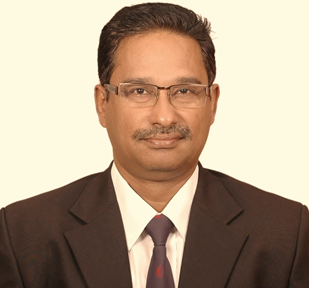BACKGROUND
During the Rio20+ summit, United Nations Security Council attracted the world's attention towards one billion hungry people and initiated the zero-hunger challenge by urging all stakeholders of the agricultural supply chain including governments, farmers, businesses, scientists, civil society and consumers to work together and develop inclusive and sustainable food systems to eliminate food waste and ensure food security (UN, 2012). In light of achieving food security for the ever-growing world population, it is evident to have agricultural supply chain which is able to respond efficiently to global markets and at the same time withstand the pressures posed by changing climate. The workshop is designed keeping in view the challenges being faced by developing countries to meet the stringent standards laid down by markets in developed countries. At the same time, they face the challenges of feeding their own population in changing climate regime. In this context, Agricultural Education plays a crucial role in sustainable development.
The discussions in the workshop will be initiated against the backdrop of SDG 2 (End Hunger) SDG 4 (Quality Education) and SDG 12 (Sustainable Consumption and Production). Goal SDG 2 aims at ending all forms of malnutrition and double agricultural productivity in the next 15 years. In the context of agribusiness supply chains, SDG 4 aims at achieving inclusive and quality education for all, which reaffirms that education is one of the most powerful and proven vehicles for sustainable development. SDG 12 focuses to half down per capita global food waste at the retail and consumer level and reduce foodlosses along production and supply chains including post-harvest losses (Target Indicator 12.5).
WORKSHOP OBJECTIVES
• To prioritize the action plan for strengthening international agribusiness trade from emerging countries to developed countries.
• To initiate stakeholder dialogue and facilitate stakeholder partnerships between actors of food supply chain from developing and
developed countries to ensure implementation of SDG 2 and 12.
• To build partnerships among academia - industry - governments for increasing the quality and relevance of agricultural higher
education for achievement of SDGs .
THEMES
• Increasing Farm Productivity through Resource Efficient Techniques and Practices
• Doubling Farmers Income: Technologies, Business Models and Sustainable Livelihoods
• Building Sustainable Agri-Food Supply Chain
• Climate Change, Food & Nutritional Security
• Fostering academia - industry - government partnerships for excellence in Higher Agricultural Education
• Indo - Australia Agribusiness Trade
WORKSHOP OUTCOME
The workshop will contribute an action plan for developing countries towards implementation of SDG 2, 12 and 13 in the context of food supply chain alongside prioritizing technologies, policies and business models to benefit small and marginal farmers and entrepreneurs from these countries. A holistic approach encompassing stakeholders across different levels of food supply chain will initiate dialogue and partnerships to implement SDG agenda.
The outcome of the workshop will be a white paper highlighting immediate actions needed to make global food supply chain both market efficient and climate resilient in context of SDG 2 and 12 and also priorities technologies, policies and business models towards implementation of SDG agenda.
Also the workshop will result in tangible partnerships among different actors in broader domains of education, research and outreach through networking.





